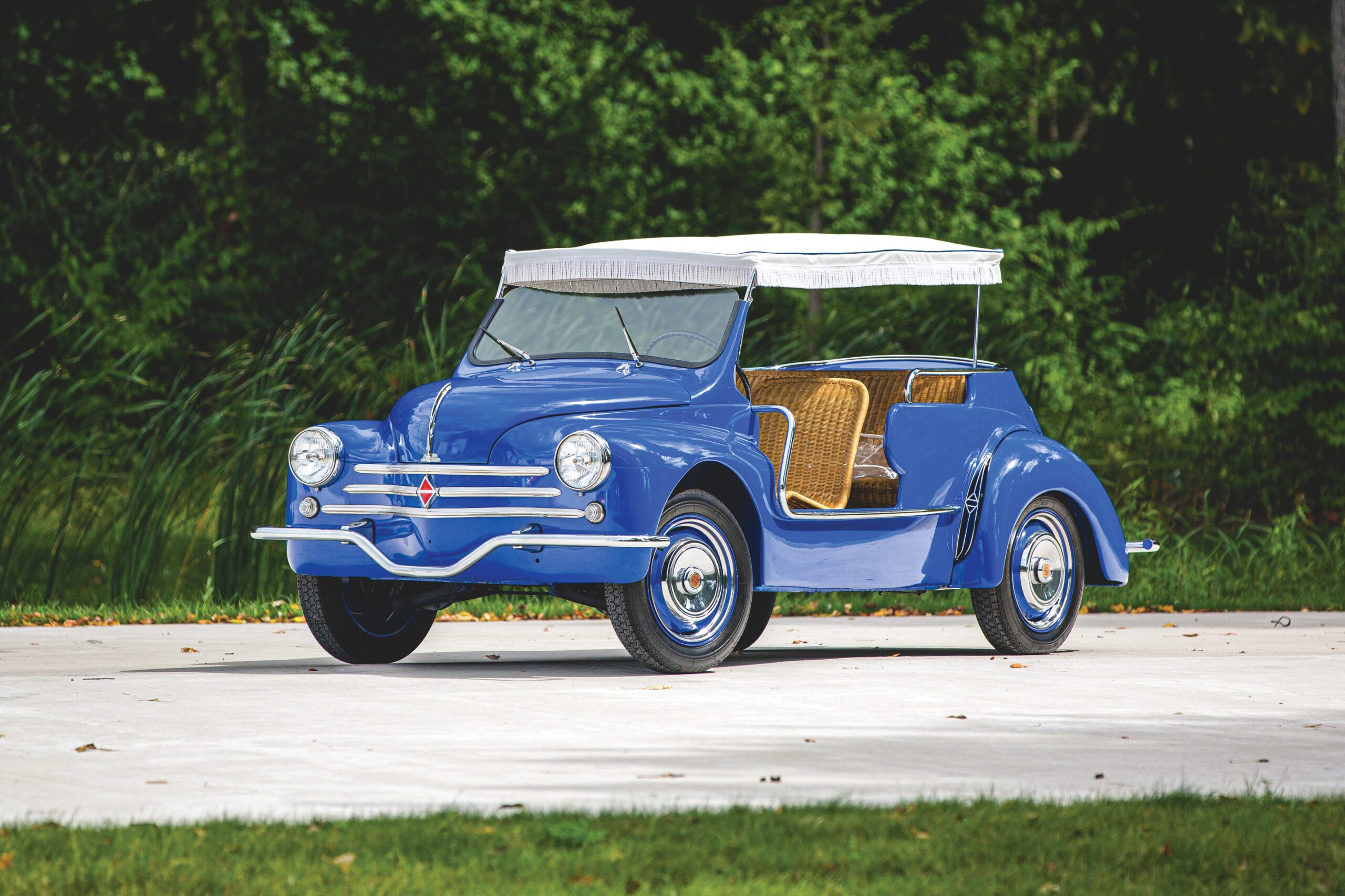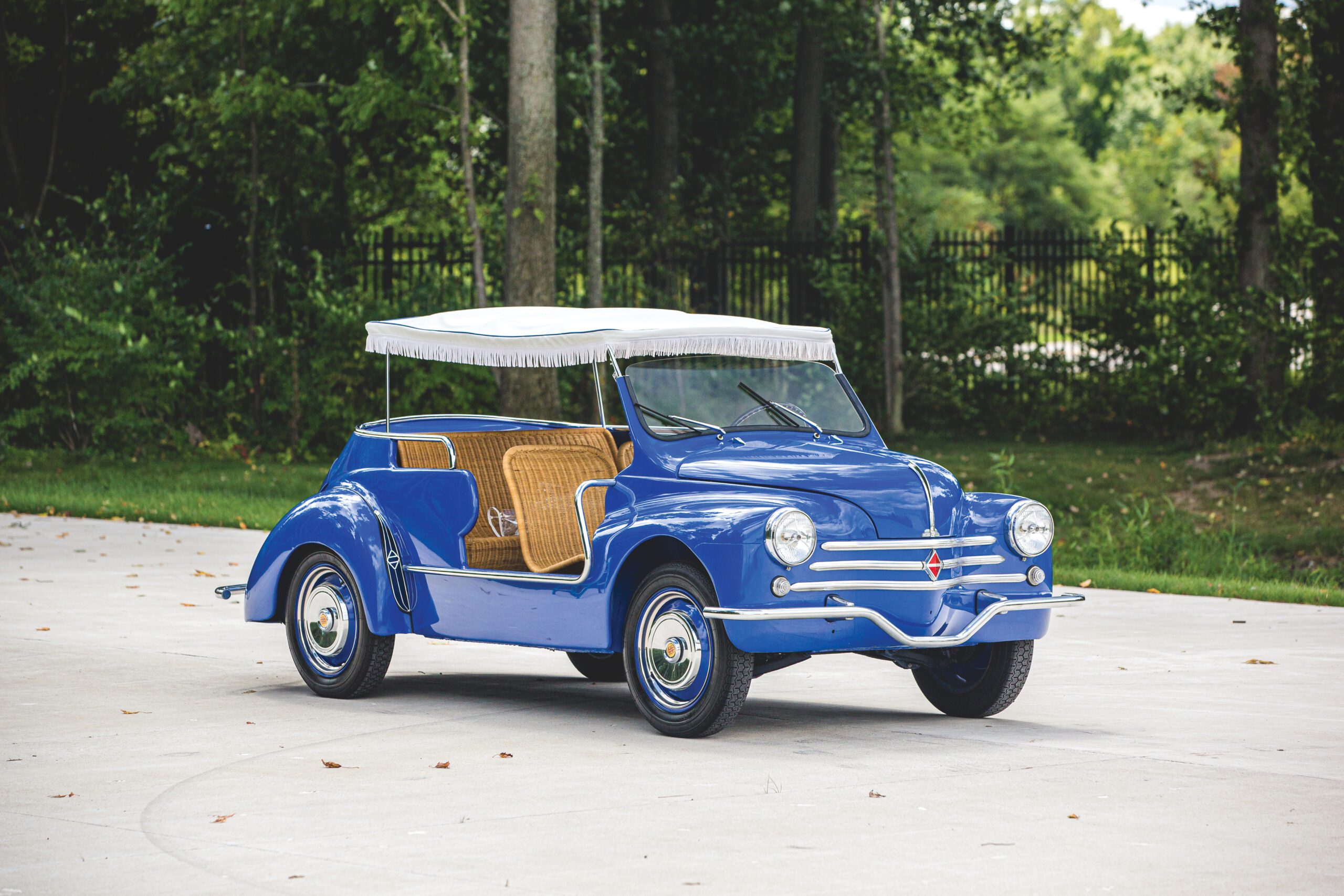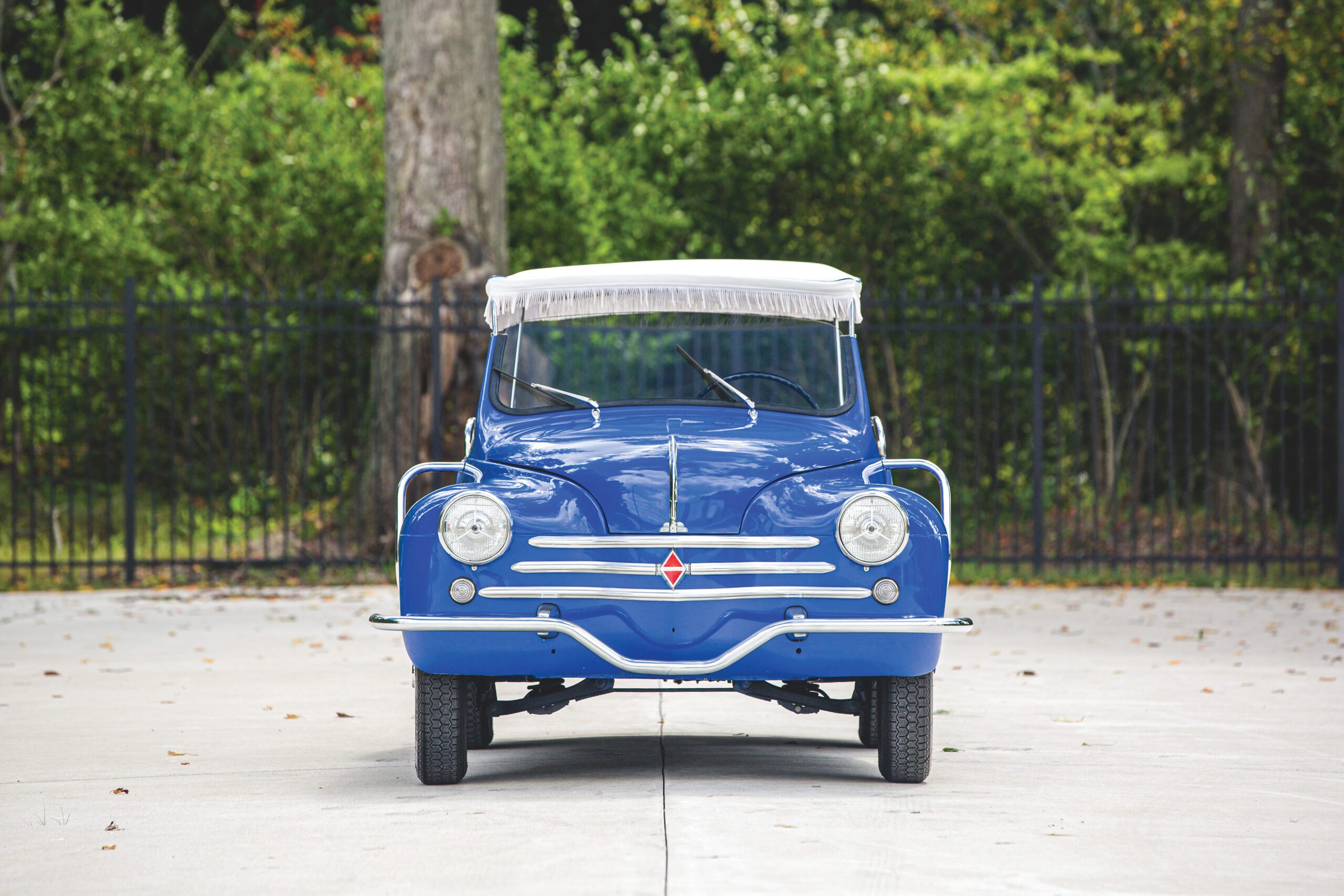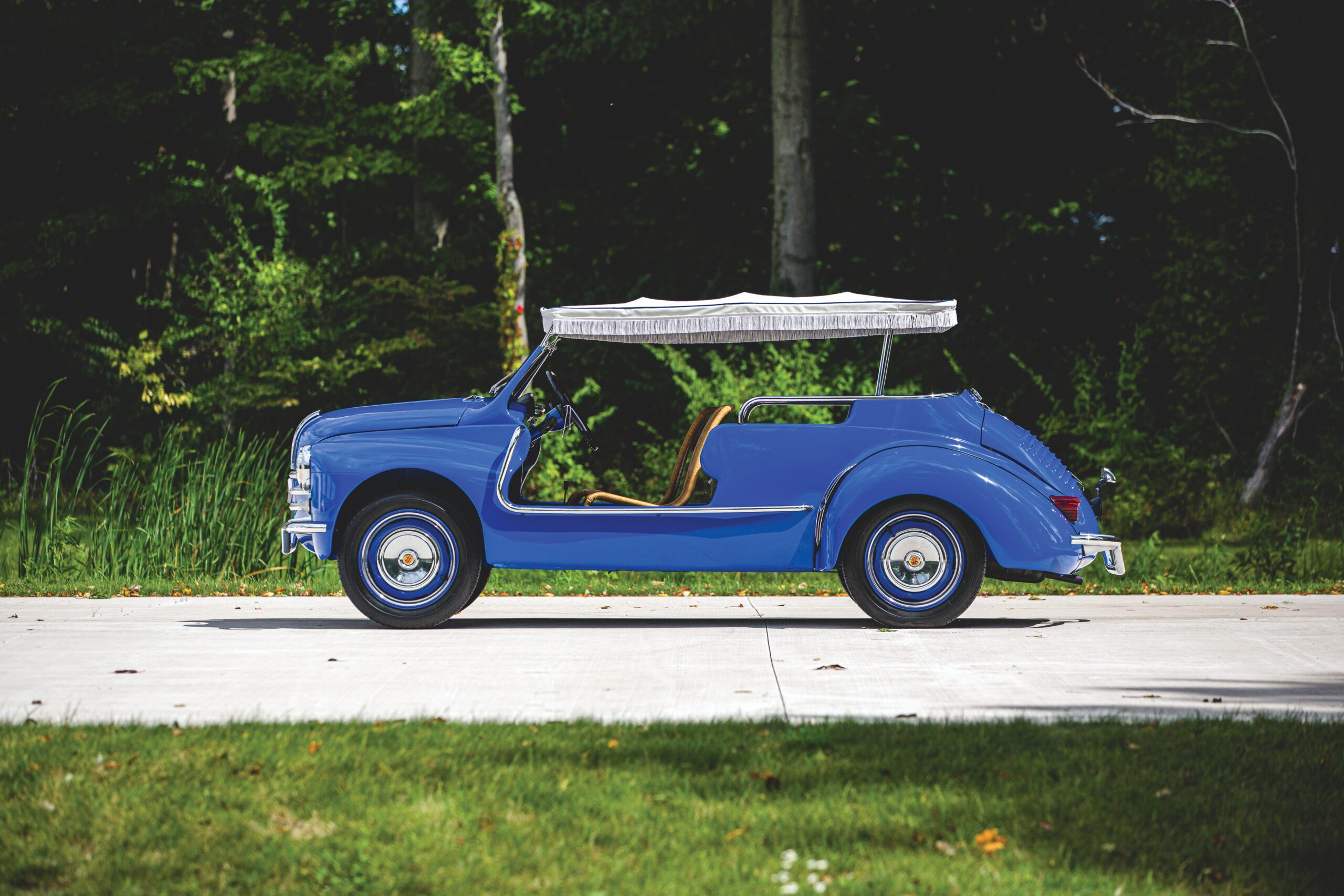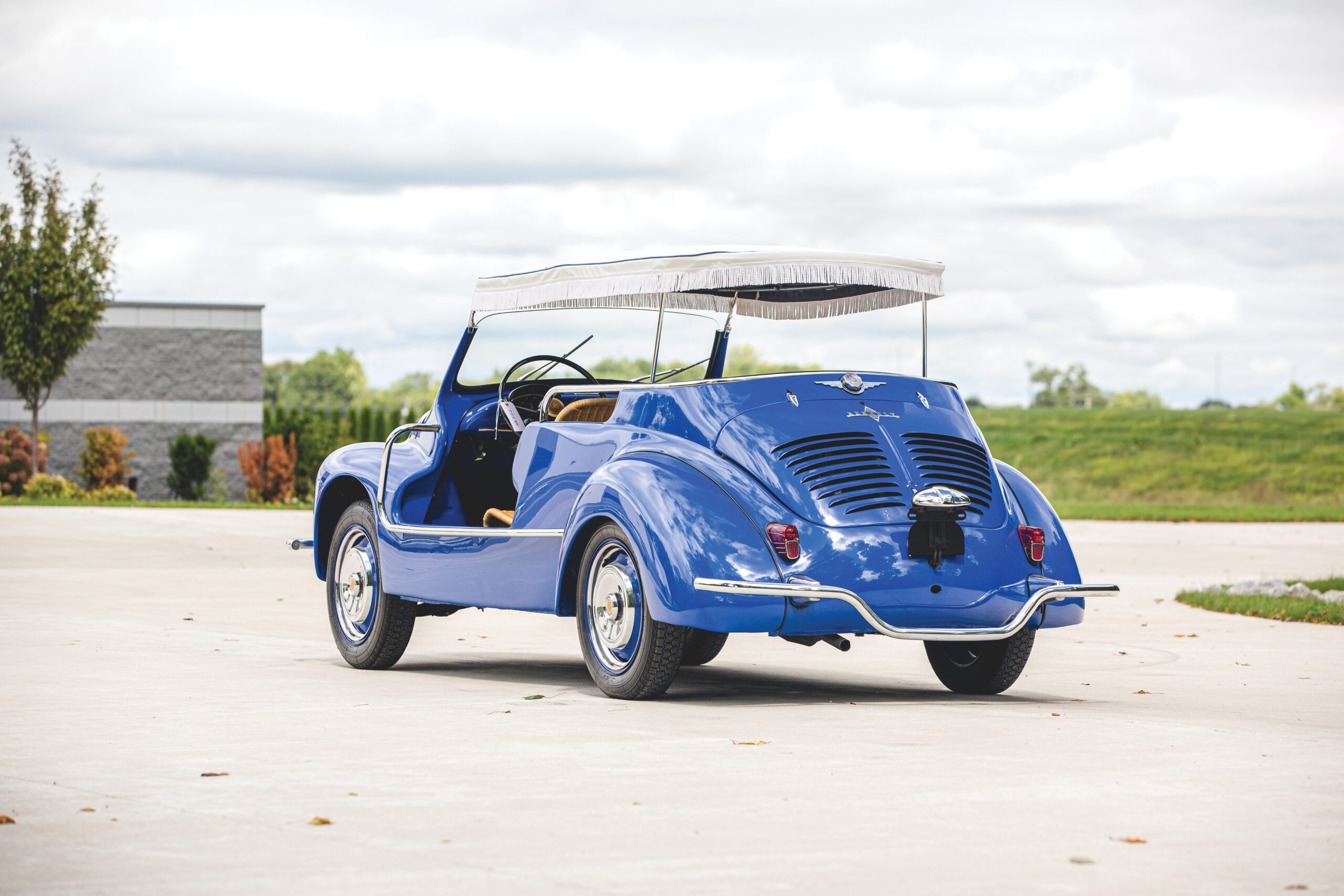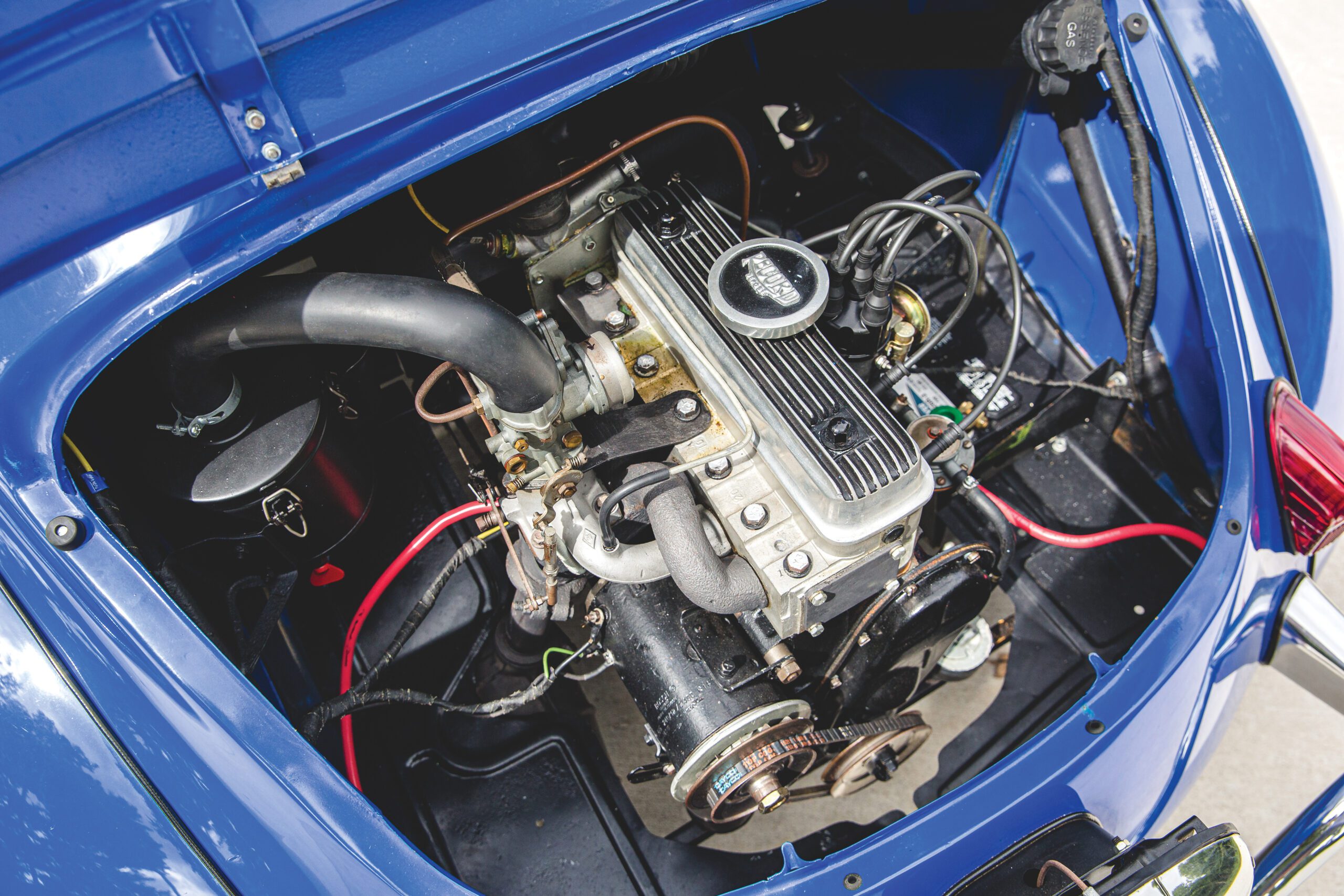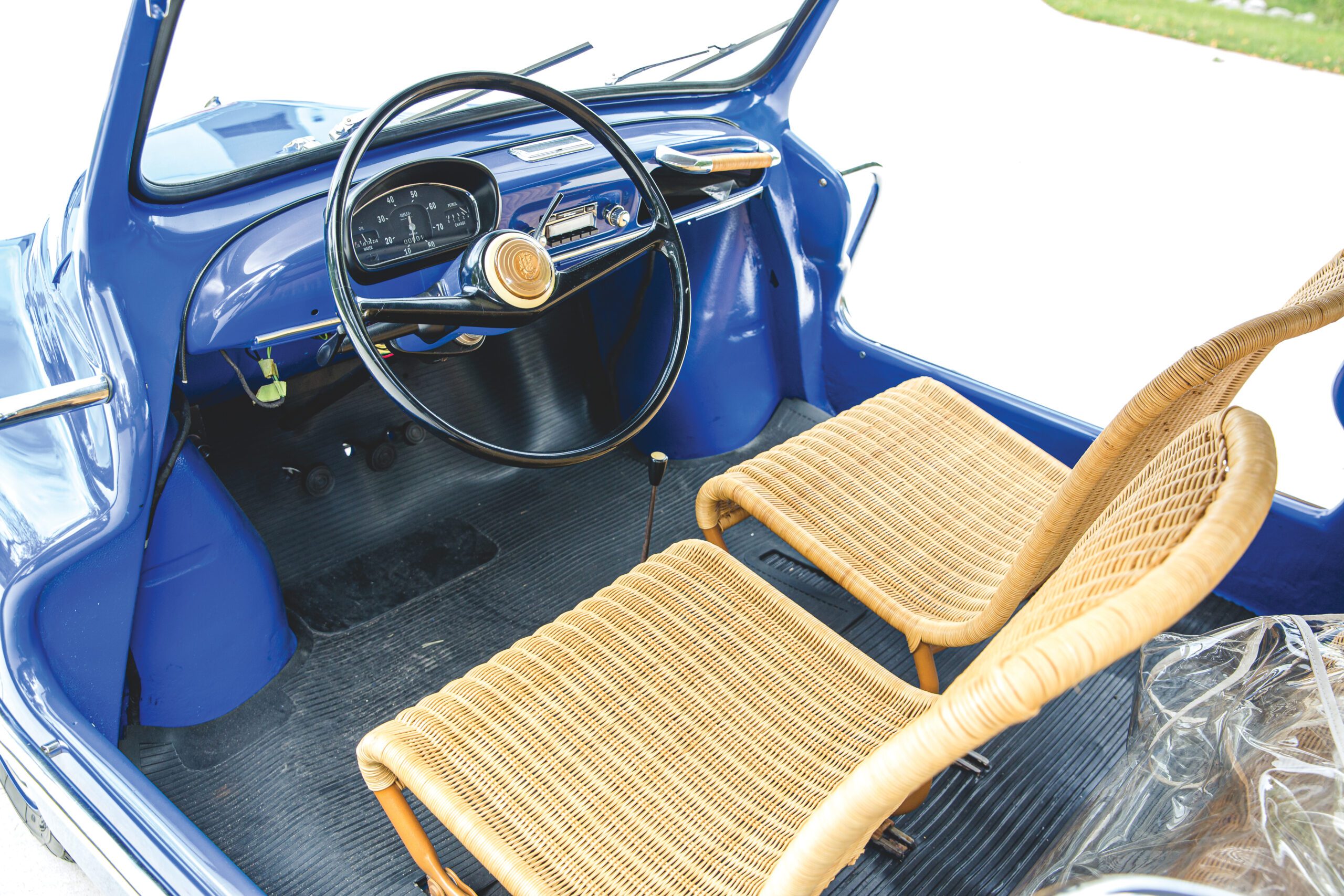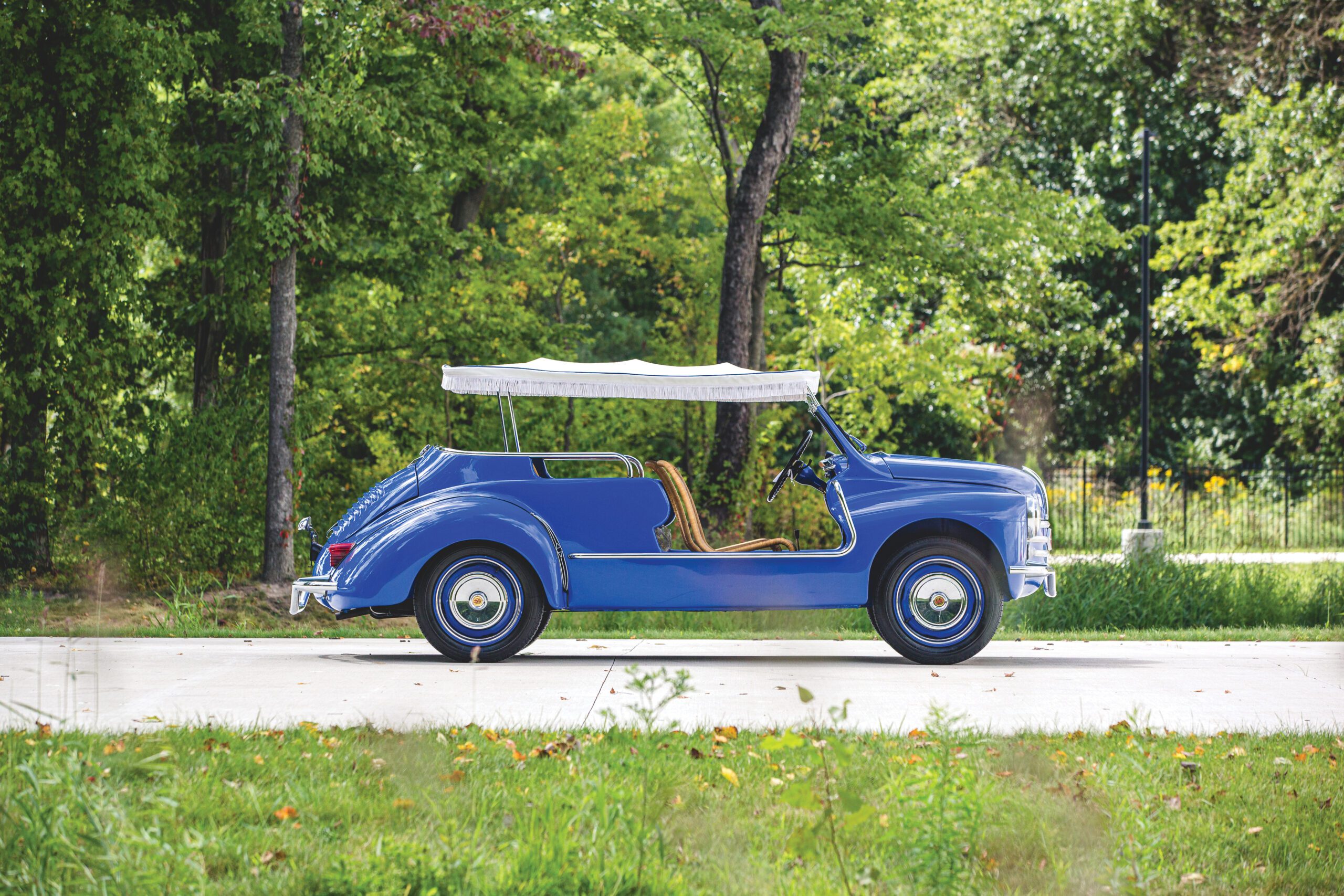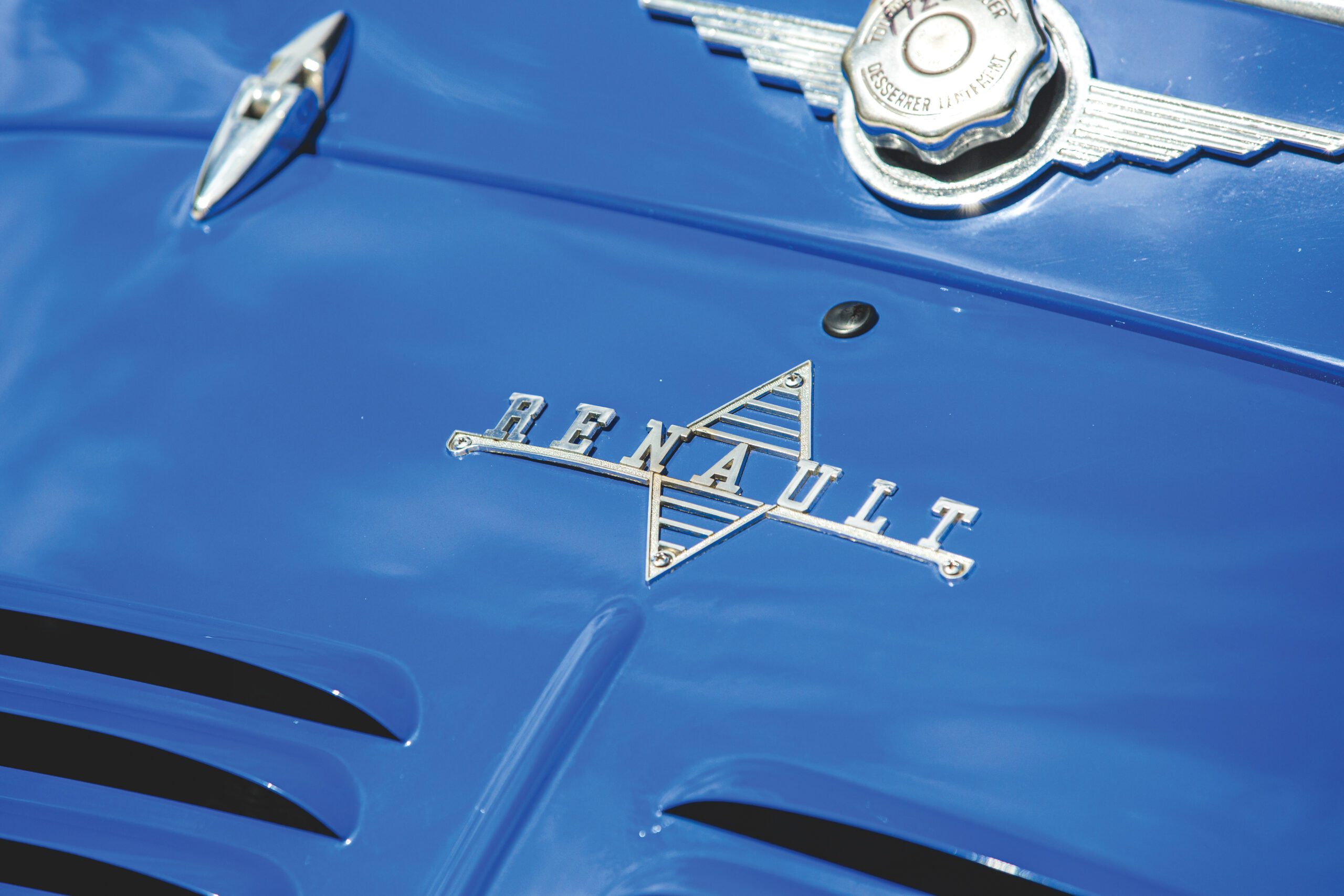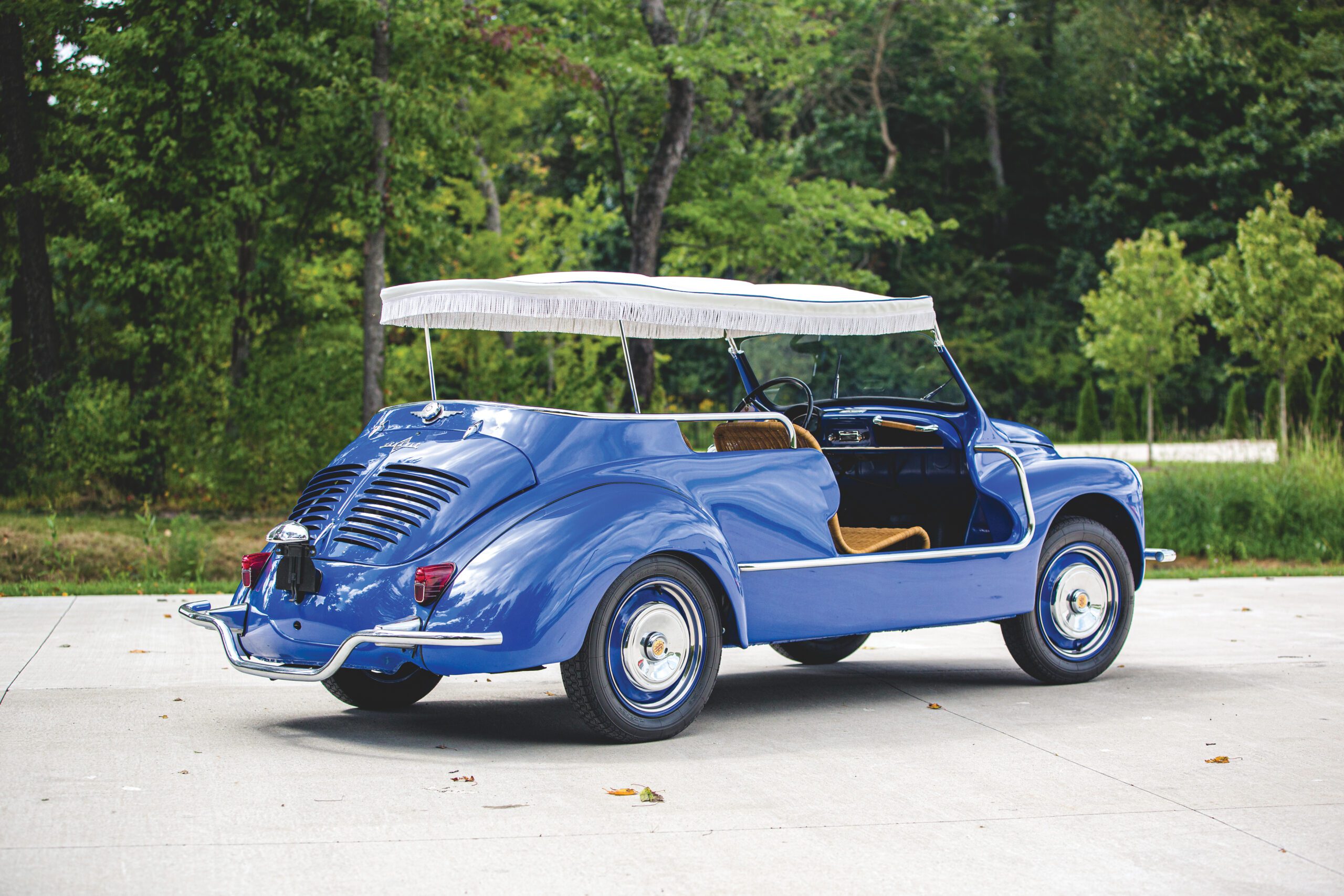During the tumultuous years of the German occupation of France, Renault defied orders to exclusively produce commercial and military vehicles. Instead, their engineers clandestinely crafted a vision of hope: the Renault 4CV. This compact car, born from a clandestine effort during wartime constraints, symbolized the resilience of French ingenuity and determination.
Under the shadow of occupation, Renault’s team toiled in secrecy, envisioning a post-war France revitalized by accessible transportation. Despite the risks, their dedication persisted, buoyed by the belief that the occupation’s end was inevitable. Surprisingly, even the German authority overseeing Renault chose to overlook the project, harboring a soft spot for France.
With the liberation came the debut of the Renault 4CV in 1946, signaling a new era of mobility for a recovering nation. Its simple design, powered by a rear-mounted 760cc inline four engine, embodied practicality and affordability. Initially coated in surplus German military paint, it affectionately earned the nickname “La motte de beurre.”
The 4CV swiftly captured the hearts of the French populace, becoming a ubiquitous sight on the roads until its production ceased in 1961. Among its many iterations, the rare “Jolly” variant stands out, reflecting a whimsical adaptation ideal for beachside leisure. Crafted with stripped-down features and a charming surrey top, it epitomized carefree Italian flair on the resilient foundation of the Renault 4CV, a testament to innovation amid adversity.
Photo Source: RM Sotheby’s





